New Ebola outbreak: what you need to know
Guinea declares epidemic after first deaths since 2016
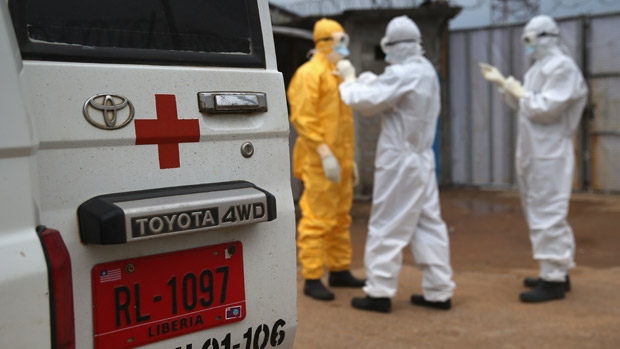
A free daily email with the biggest news stories of the day – and the best features from TheWeek.com
You are now subscribed
Your newsletter sign-up was successful
Guinea has announced that it is fighting an Ebola epidemic after at least three people died from the virus and four more were infected.
The seven victims all fell ill with diarrhoea, vomiting and bleeding after attending the burial of a nurse. The cases are the first confirmed since a deadly Ebola epidemic ravaged the country, along with Liberia and Sierra Leone, five years ago.
The Guinean government has begun contact tracing and isolating suspected cases, while newly developed vaccines will be acquired through the World Health Organization (WHO), officials said.
The Week
Escape your echo chamber. Get the facts behind the news, plus analysis from multiple perspectives.

Sign up for The Week's Free Newsletters
From our morning news briefing to a weekly Good News Newsletter, get the best of The Week delivered directly to your inbox.
From our morning news briefing to a weekly Good News Newsletter, get the best of The Week delivered directly to your inbox.
What is Ebola?
The WHO describes Ebola as a severe acute viral illness. Early symptoms are similar to flu and malaria and include the sudden onset of fever, intense weakness, muscle pain, diarrhoea, vomiting and both internal and external bleeding. Most patients killed by the disease die from blood loss, organ failure or shock.
There are five known strains of the virus. The one that swept across the Democratic Republic of Congo (DRC) in 2019 belongs to the Zaire species and is one of the most deadly. Between 2013 and 2016, the largest outbreak of Ebola on record saw 28,646 reported cases and 11,323 reported deaths across West Africa.
Where does it come from?
A free daily email with the biggest news stories of the day – and the best features from TheWeek.com
Scientists think that Ebola outbreaks usually begin with an infected wild animal, typically a bat or monkey, biting a human. The disease can also spread to humans through contact with the organs, blood or other bodily fluids of infected animals.
Once the disease has entered the human population, the most common transmission comes from human-to-human contact, rather than further infections from wild animals.
The virus spreads from person to person through direct contact with broken skin or mucous membranes found in the mouth, eyes or nose. It can then be transmitted through infected patients’ bodily fluids such as blood, saliva, sweat, breast milk, vomit and semen.
Humans only become infectious when they develop symptoms of the disease. These symptoms usually emerge between two and 21 days after becoming infected, according to the NHS website.
The first cases of Ebola were discovered in 1976 by Peter Piot, a medical school graduate training as a clinical microbiologist, reports the BBC. Looking at infected blood under the microscope, “we saw a gigantic worm like structure - gigantic by viral standards”, Piot later recalled.
What happens to people who survive the disease?
“There is strong epidemiological evidence that once an individual has resolved an Ebola virus infection, they are immune to that strain,” according to Dr Bruce Ribner, director of the serious communicable disease unit at Emory University Hospital in Atlanta, Georgia.
Doctors believe that the antibodies present in a patient’s blood could protect them from that particular virus, but warn that they would still be susceptible to other strains.
In 2019, scientists in the DRC also unveiled a drug that “dramatically boost survival rates”, Wired reported. “From now on, we will no longer say that Ebola is incurable,” Jean-Jacques Muyembe, director general of the Institut National de Recherche Biomedicale in the DRC, said at the time.
However, Ebola survivors can experience unpleasant side effects, even after their recovery. These include tiredness, muscle aches, eye and vision problems and stomach pain, according to the US Department of Health and Human Services. Survivors may also face stigma as they re-enter their communities, the department adds.
-
 Nuuk becomes ground zero for Greenland’s diplomatic straits
Nuuk becomes ground zero for Greenland’s diplomatic straitsIN THE SPOTLIGHT A flurry of new consular activity in the remote Danish protectorate shows how important Greenland has become to Europeans’ anxiety about American imperialism
-
 ‘This is something that happens all too often’
‘This is something that happens all too often’Instant Opinion Opinion, comment and editorials of the day
-
 House votes to end Trump’s Canada tariffs
House votes to end Trump’s Canada tariffsSpeed Read Six Republicans joined with Democrats to repeal the president’s tariffs
-
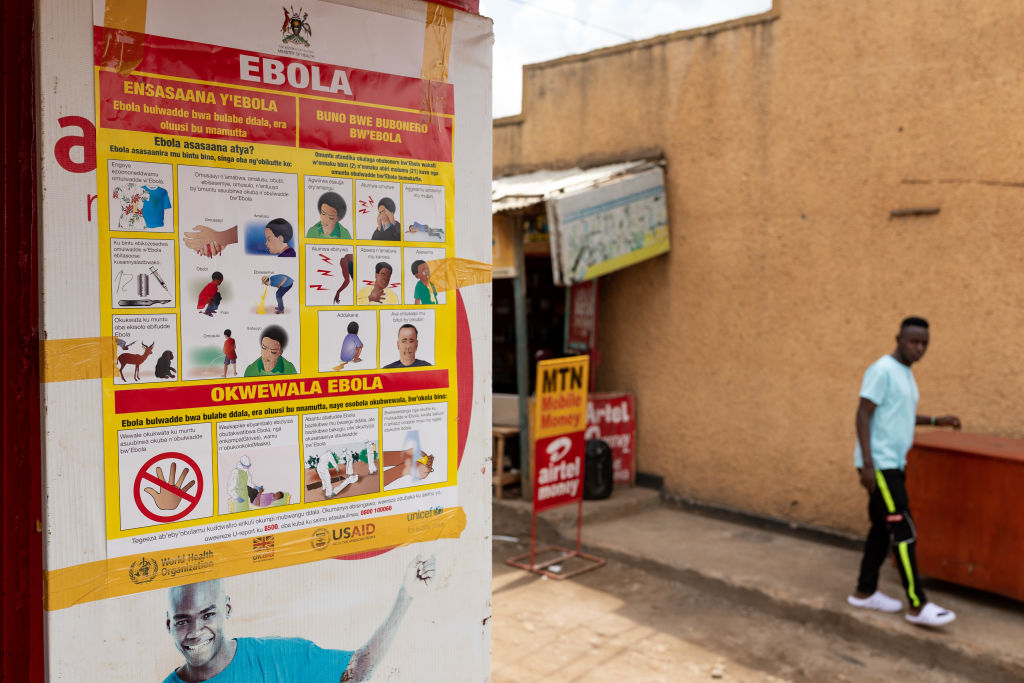 Ebola outbreak leads to 3-week lockdown in two Ugandan districts
Ebola outbreak leads to 3-week lockdown in two Ugandan districtsSpeed Read
-
 What will the next pandemic look like – and are we ready?
What will the next pandemic look like – and are we ready?The Explainer Creator of the Oxford-AstraZeneca vaccine warns that future viruses could be more contagious and lethal
-
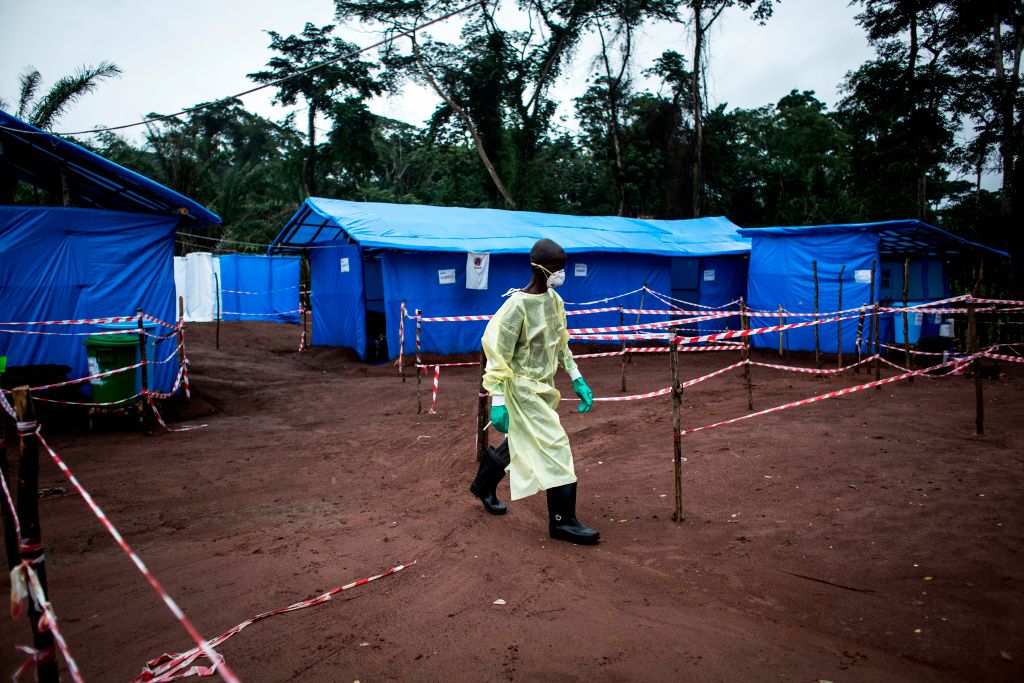 Ebola has been detected again in eastern Congo
Ebola has been detected again in eastern CongoSpeed Read
-
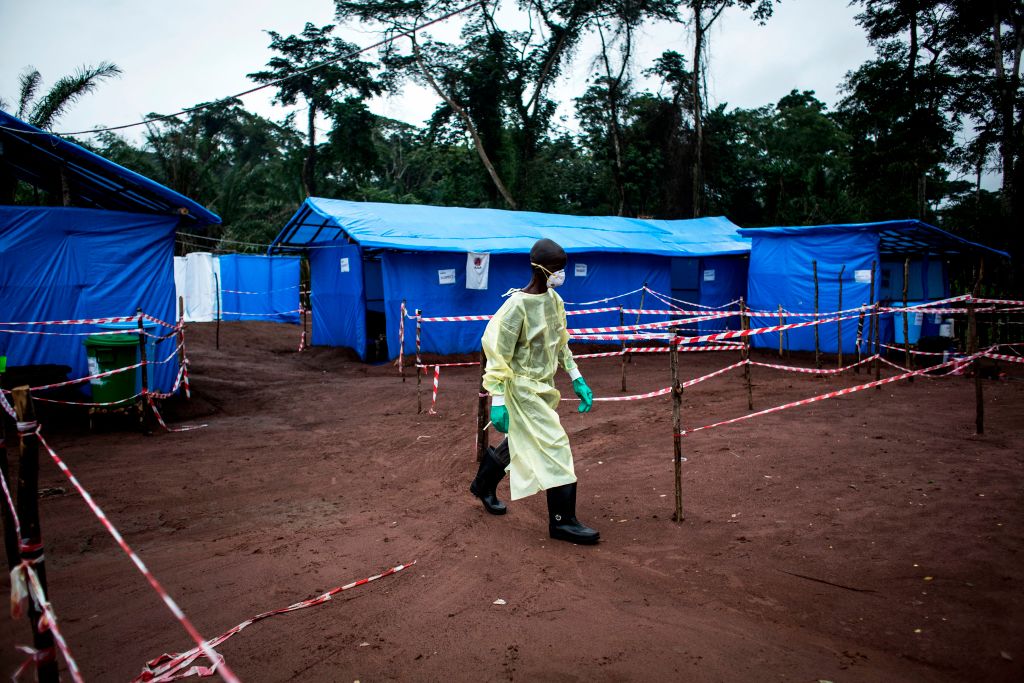 5 dead after new Ebola outbreak hits Congo
5 dead after new Ebola outbreak hits CongoSpeed Read
-
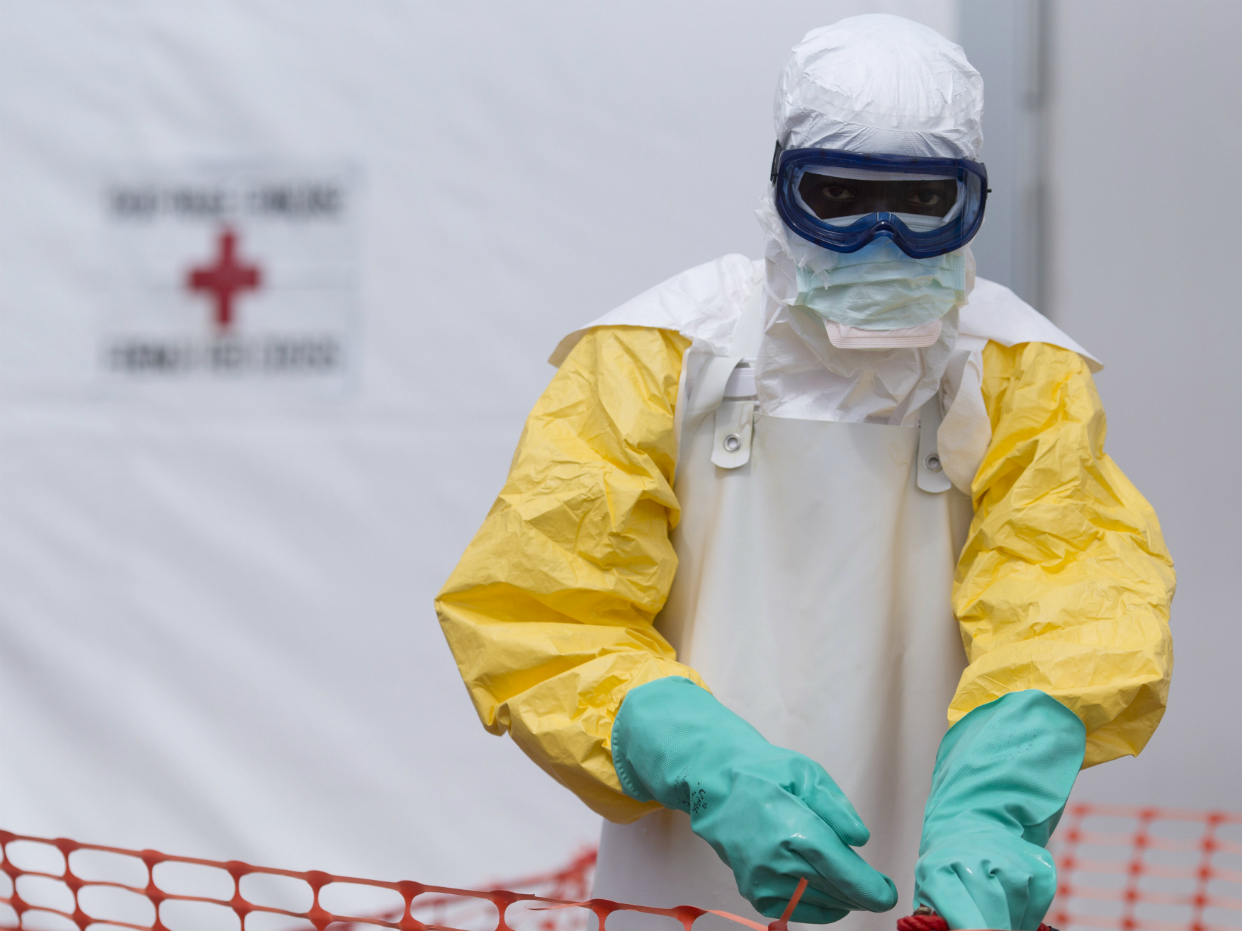 The fatal viruses that the world has learned to live with
The fatal viruses that the world has learned to live withIn Depth WHO experts say coronavirus may become endemic like HIV
-
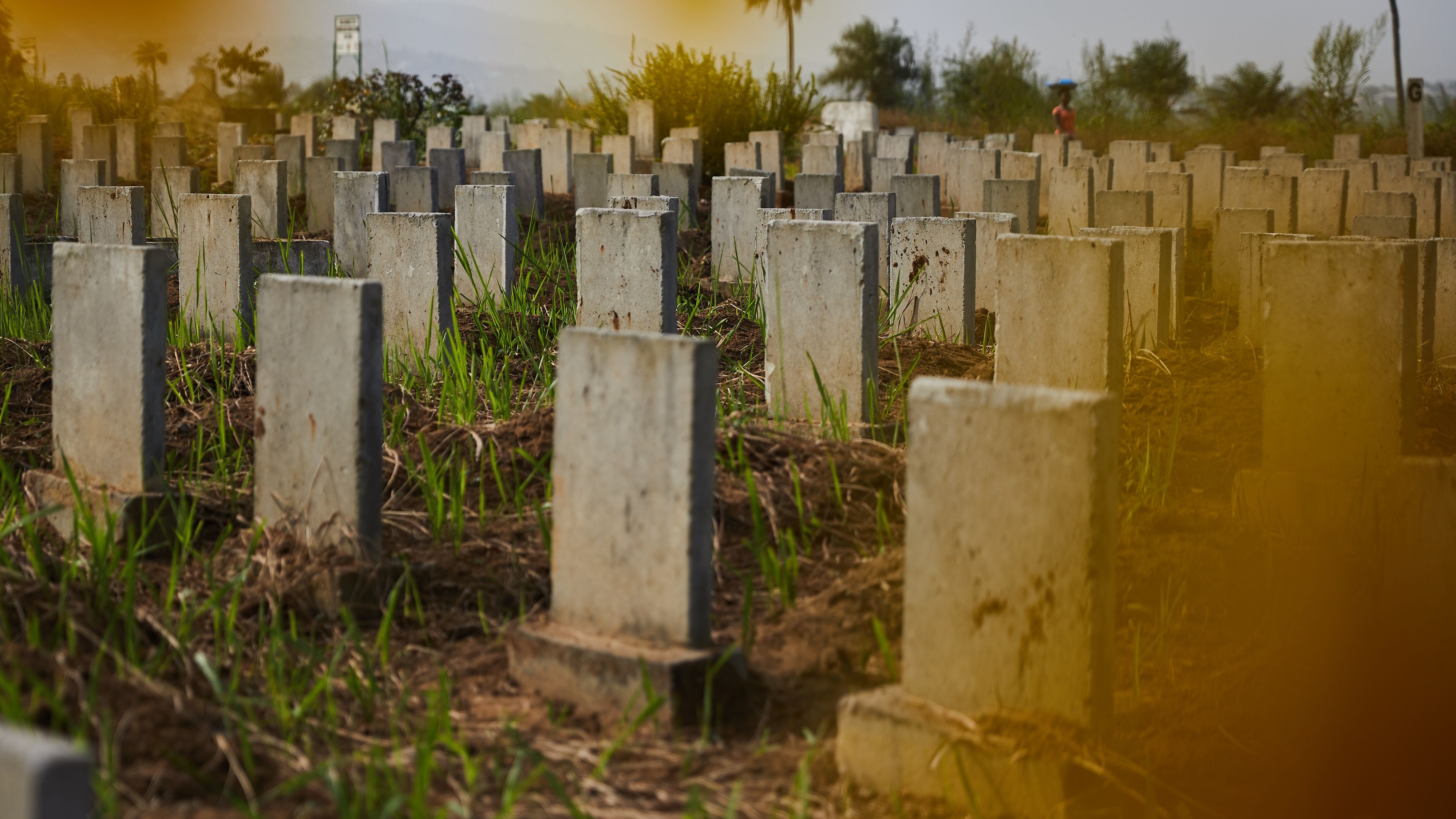 How the Ebola epidemic started
How the Ebola epidemic startedIn Depth The ‘largest and most complex’ outbreak since the virus was discovered peaked in 2014–16
-
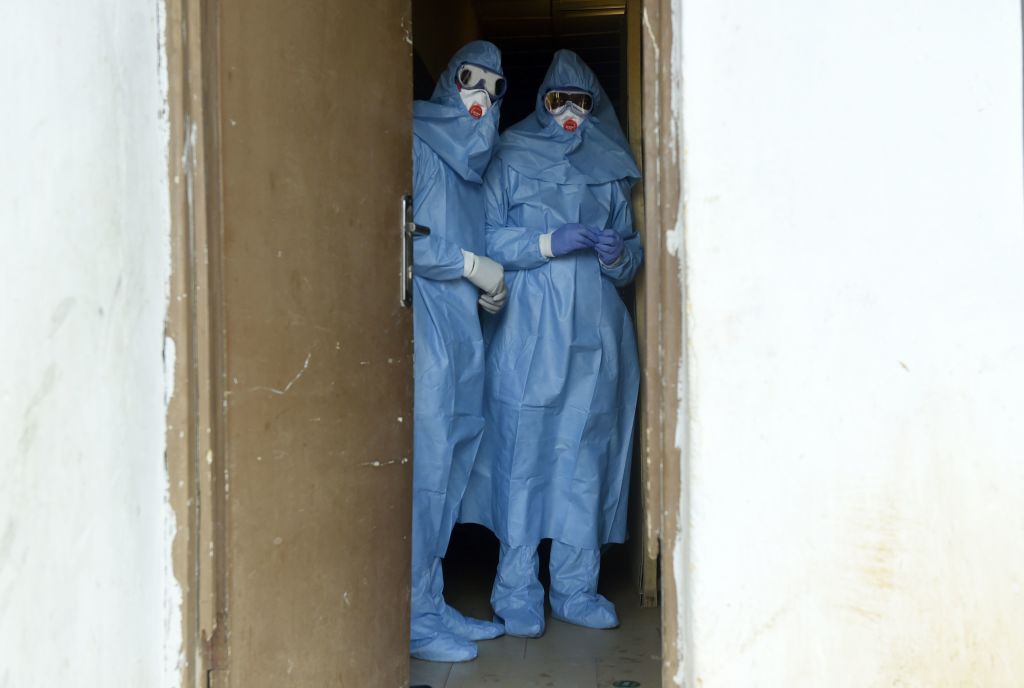 Ebola outbreak threat rises as first urban case reported
Ebola outbreak threat rises as first urban case reportedSpeed Read
-
 Scottish nurse Pauline Cafferkey to return to Sierra Leone
Scottish nurse Pauline Cafferkey to return to Sierra LeoneSpeed Read Ebola survivor heads back to Africa to raise money for children affected by 2014 epidemic